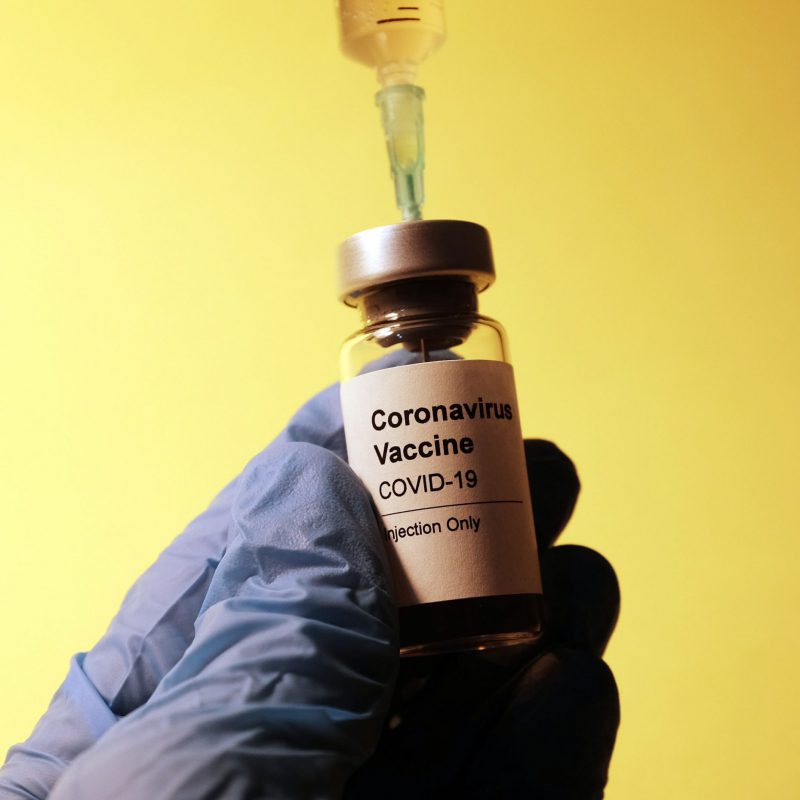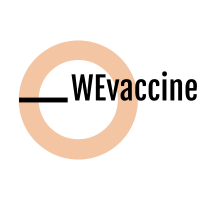COVID-19

Did You Know?
COVID-19 is a respiratory infection caused by coronavirus.
COVID-19 is spread from person-to-person, through contact with the respiratory droplets that are released when a person talks, coughs, and sneezes, or when there is contact with an infected object.
It is possible to be infected but not have any symptoms; however, you can still spread the virus to others.
Symptoms
Symptoms of COVID-19 can vary from person to person and may also vary in different age groups.
Common Symptoms
- Fever (greater than 38℃)
- New or worsening cough
- Shortness of breath
- Decrease/ loss or taste or smell
Other Symptoms
- Fatigue
- Chills
- Muscle/ body aches
- Headache
- Abdominal pain. Diarrhea, and vomiting

Most Frequent Questions and Answers
Yes! To reduce the risk of reinfection and protect yourself from transmission and variant strains, you should get the COVID-19 vaccine even if you have already contracted and recovered from the virus.
Similar to many other vaccines, the COVID-19 vaccines may cause short-term and mild side effects. These may include pain near the injection site, chills, headaches, and muscle pain. These side effects can be expected and indicate that the vaccine is working to provide immunity.
You can get the COVID-19 vaccine by visiting your local pharmacy or by using this link to locate a vaccine clinic near you: https://www.wechu.org/cv/clinics#how-get-vaccine
While everyone is at risk for contracting COVID-19, the risk of exposure and severity of symptoms is greater for some individuals.
Individuals may be at greater risk of exposure to COVID-19 if they:
- Are constantly in contact with large numbers of people (e.g., for their occupation).
- Live in a group setting where the virus can be easily transmitted (such as correctional facilities, long-term care homes, shelters or group residences).
Individuals are at risk of experiencing more severe symptoms or outcomes if they:
- Are older than 60 years old
- Have a chronic medical condition (such as an organ disease, diabetes, dementia, or high blood pressure)
- Are immunocompromised
- Are living with obesity
The Pfizer-BioNTech and Moderna vaccines are both mRNA vaccines.
After receiving the first dose of a mRNA vaccine, you must wait 8 weeks until you can receive a second dose.
After receiving the second dose of a mRNA vaccine, you must wait 3 months until you can receive a booster shot.
Pfizer-BioNTech (mRNA)
Moderna (mRNA)
Who is eligible to receive?
Individuals 5 and older
Individuals 12+
1st dose
Pfizer-BioNTech
Moderna
2nd dose
Any mRNA vaccine
Any mRNA vaccine
Who is eligible to receive a booster?
Individuals 18+
Individuals 18+
Booster
Any mRNA booster
Any mRNA booster
You can get the COVID-19 vaccine by visiting your local pharmacy, a mass vaccination site, or by using this link to locate a vaccine clinic near you: https://www.wechu.org/cv/clinics#how-get-vaccine
